Ahead of the Up Close and Musical festival, the violist shares her tried and true strategies for expanding her instrument’s repertoire
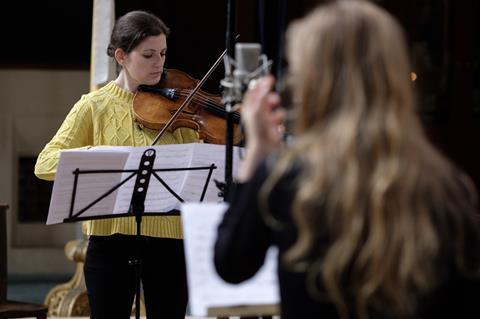
Discover more Featured Stories like this in The Strad Playing Hub
How does one go about commissioning a composer? What’s the etiquette around asking, is it best to have a specific idea in mind or preferable to be open to the unexpected? We often see only the excellent pieces in their final form, and not the process that led to their creation; I can share that there are a good few ways to go about commissioning, which do include, as many success stories do, a bit of a nudge from one’s mum.
My starting position came from the distinct privilege of being a violist. You’d think we are the butt of everyone’s jokes, lacking in solo repertoire and generally misunderstood and dismissed by promoters and colleagues; but in fact there is great potential for musical exploration, growth and expansion in the absence of expectations. Where people underestimate, we can impress; where people laugh, we can enjoy their humour; and where we lack a substantial canon, we can commission our own.
I wasn’t particularly savvy, or brave, to begin with, I just knew I needed something great to play that hadn’t been written yet. It was at university during a phone call with my mum that she casually asked whether there weren’t any good composers around, and wouldn’t one write me a concerto (I don’t know what’s more wonderful, that my mother expected her idea to work, that I immediately followed her suggestion, or that my friend Kate Whitley agreed). I got extremely lucky (beginner’s luck?): it was a stunning piece which we ended up performing in Cambridge multiple times, and then recording with Kate and Christopher Stark’s fantastic Multi-Story Orchestra for NMC.
Just asking straight up for something isn’t the only way to go, though; sometimes, it works well to ask for something particular. In 2021, with spare time on my hands, I had been indulging in a lot of Schubert, in particular his Lieder, and was daydreaming about the Erlkönig myth and trying to think of a way to bring the story into a more contemporary context.
I then remembered Angela Carter’s Bloody Chamber, in which she inverts the tale into a feminist overcoming of patriarchal entrapment, and thought it would be exciting to juxtapose a setting of her text with the Schubert, in the form of Wolff’s excellent arrangement for viola and violin. I asked another university mate, Héloïse Werner, to compose a short work for viola and soprano, which she did beautifully; but I had such a specific concept in mind, that even though I had had a successful outcome through non-intervention, and I was almost too shy to ask, I did request a refocusing of the text she had selected.
The important thing if you’re going to interfere is to ask politely and clearly, so as not to make the composer run around in circles; after all, they know what they’re doing and they do it well, you’re just asking for an idea you had in mind to be realised. The result was an incredible blend of the sexual tension and naturalistic metaphors Carter is known for, which we premiered at Up Close and Musical and recorded and released on October House Records in time for the 50th anniversary of Carter’s death in 2022.
You can also go all out and commission beyond the repertoire itself, and here, carte blanche can work well. I’d been inspired by the writing of Jessica Duchen, a trusted and deeply valued colleague, and asked her whether she thought there may be a story to be woven between the eight short movements of Ralph Vaughan Williams’s Suite for Viola, ahead of his 150th in 2022.
I knew my instinct to give her total freedom was right when she discovered a fascinating connection in the friendship between RVW and Lionel Tertis, the work’s dedicatee: a little-known parallel philanthropy towards Jews and other oppressed groups during WWII, a timely story waiting patiently to be told. The resulting narrated programme was a delight to perform with her, and proved that curiosity amongst friends can lead to beautiful creations.
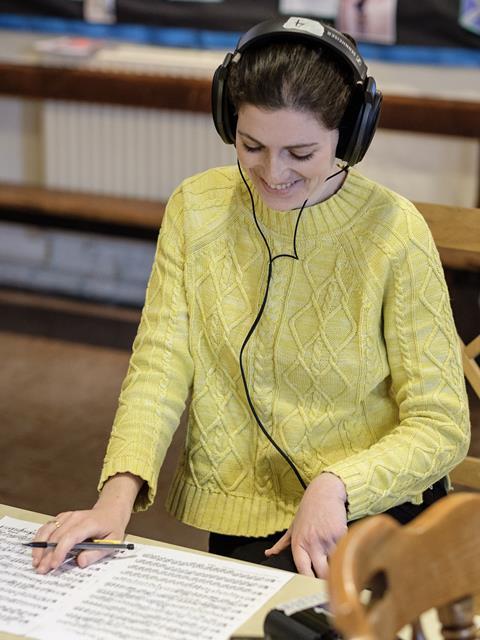
If you’re going to go the carte blanche route, though, be ready for some surprises along the way. I was so thrilled that Errollyn Wallen had agreed to write me a viola quintet (two violins, two violas, one cello). SinceI had such extreme faith in her expertise and style, and was so focused on (delicately?) getting the message across that I wanted it to showcase Viola I and be a substantial work to stand alongside the other existing Classical and Romantic quintets, I didn’t set any thematic remit.
The result is a gorgeous 20-minute work which came with very precise programme notes indicating that Viola I was to represent the Virgin Mary in the context of Lent - which, when shared with the audience, garnered great amusement, by virtue of me being quite visibly pregnant.
Finally, a suggestion to step outside your comfort zone, but be forewarned that it requires a bit of blind courage. When I met Ben Nobuto in the pub outside the Barbican and asked him to write me a piece for viola and electronics that I’d be recording alongside the Wallen on my album with Delphian Records, I brazenly assumed I’d instantly be able to handle the tech despite (at time of writing) being too chicken to use an iPad and foot pedal in recitals in case I pressed the wrong pedal and turn the pages backwards.
But his music is incredibly cool, and I’m looking forward to being cool at the premiere at Up Close and Musical in November; see also Sasha Scott, who will be writing for me in 2026.
All of which is to say that there are plenty of ways to go about commissioning, to contribute meaningfully to the viola repertoire and evolution of what a solo violist can be. I would encourage all violists to work with composers they find exciting, and keep in mind that trust and politeness are key.
Up Close and Musical returns to Fidelio Café Monday 3 to Wednesday 5 November 2025 with special guests Hermes Experiment, Ben Nobuto, Gabriel Prokofiev, Tamsin Waley Cohen, Cordelia Williams, James Gilchrist and Trio Klein. World premieres include Errollyn Wallen’s Making Hay and new work for viola and electronics by Ben Nobuto.
Read: Top 5 reasons why more string players should compose: Jessica Meyer
Listen: The Strad Podcast Episode #9: Anne Akiko Meyers on new commissions
Discover more Featured Stories like this in The Strad Playing Hub

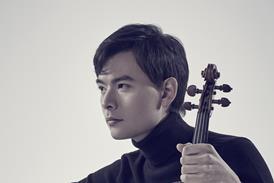
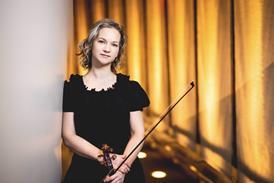
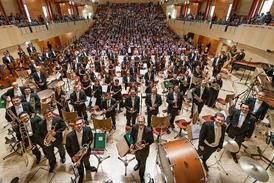

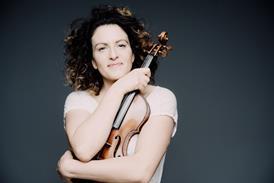
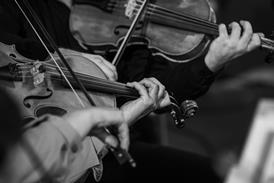





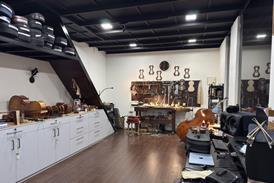
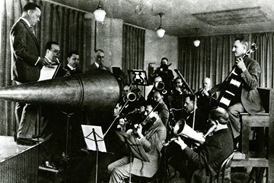
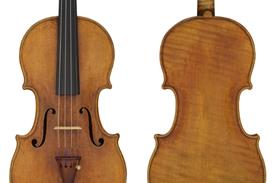
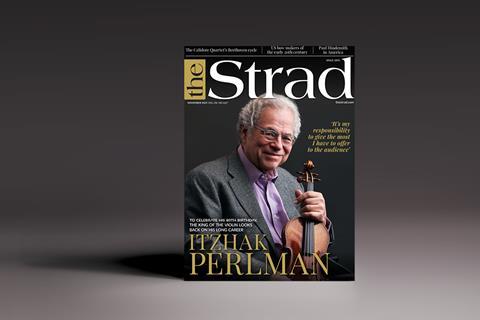




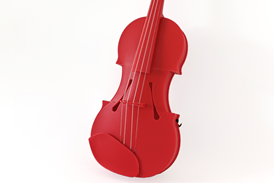
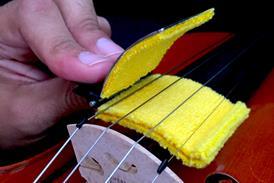
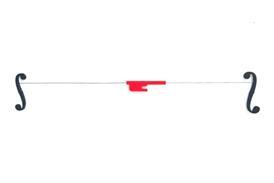



















No comments yet